Laser Marking on Plastics: Applications, Materials, and Machine Selection
Plastics are among the most common materials in our daily lives, playing a vital role across industries such as automotive, medical devices, consumer electronics, and packaging. From lightweight automotive components and durable medical tools to stylish electronic housings and protective packaging, plastics have become an integral part of modern life.
When it comes to marking plastics, traditional methods such as printing or labeling often face issues like fading, peeling, or abrasion. Laser marking stands out as a superior alternative. It provides a precise, permanent, and non-contact solution that delivers high-contrast, durable markings—making it the preferred choice for manufacturers seeking reliability and efficiency.
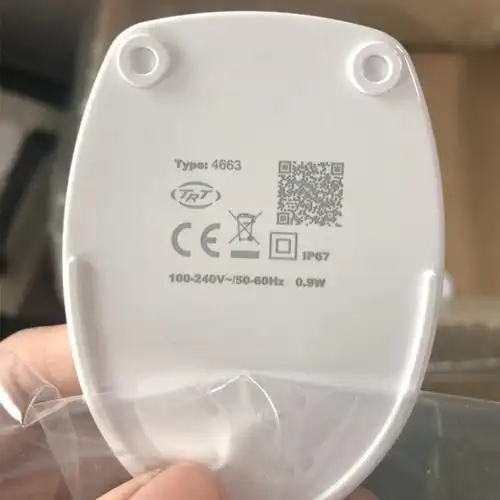
Plastic laser marking sample
Why Choose Laser Marking for Plastics?
Laser marking has become the go-to solution for identifying and customizing plastic parts. Compared with traditional methods like ink printing, stickers, or labels, it offers several key advantages:
Durability and wear resistance
Laser marks are fused directly onto the plastic surface. Unlike ink or adhesive labels, they will not fade, peel, or wear away even under frequent use or harsh environments.
High contrast and precision
Laser systems can generate crisp and detailed markings, including fine text, logos, barcodes, and QR codes. The results are clear, easy to read, and ensure reliable product identification and traceability.
Non-contact, consumable-free process
The marking process applies no mechanical stress to plastic parts and requires no inks, solvents, or consumables—reducing both operational and maintenance costs.
Eco-friendly and clean technology
Laser marking eliminates chemical waste and minimizes environmental impact. It supports the growing demand for sustainable and eco-friendly manufacturing practices.
Together, these advantages make laser marking the most efficient and reliable solution for plastic parts in high-demand industries.
Suitable Plastics for Laser Marking
Plastics vary widely in mechanical, thermal, and chemical properties. As a result, not all plastics respond to laser marking in the same way. Effectiveness depends on the polymer composition, color, and any additives or fillers. In some cases, laser-sensitive additives can be used to enhance contrast.
The most common plastics for laser marking include:
ABS (Acrylonitrile Butadiene Styrene)
Widely used in automotive parts, electronic housings, and consumer goods. Provides excellent, high-contrast markings.
Polycarbonate (PC)
Known for strength and transparency, used in medical devices, automotive parts, and electronics. Delivers sharp, long-lasting marks.
Polypropylene (PP)
Lightweight and chemical-resistant, used in packaging, automotive interiors, and medical containers. Can achieve durable markings with proper laser settings.
Polyethylene (PE)
Common in packaging, piping, and industrial containers. Depending on grade, it can be more challenging to mark, but UV lasers enable clear results.
PVC (Polyvinyl Chloride)
Used in pipes, cables, and ID cards. Produces high-quality, legible marks, though processing requires careful handling due to potential fumes.
Nylon (Polyamide)
Durable and heat-resistant, used in mechanical parts, textiles, and automotive components. Laser marking ensures permanent, abrasion-resistant identification.
In short, many common plastics can be effectively laser-marked, though results vary by material and laser technology. For highly reflective or difficult plastics, UV lasers are typically the best choice, delivering sharp, high-contrast markings without damaging the surface.
Common Applications of Plastic Laser Marking
Laser marking on plastics is widely used in industries where clarity, permanence, and high contrast are essential. Typical applications include:
Automotive
Instrument panels, buttons, and interior components require precise, durable marks to ensure both functionality and aesthetics. Laser marking guarantees lasting symbols and icons that withstand everyday use.
Medical Devices
Syringes, housings, and disposable instruments often require traceable markings without inks or labels that could contaminate products. Laser marking provides clean, non-toxic, permanent identification in line with strict regulations.
Electronics
From smartphone housings and chargers to adapters and appliance parts, plastic components must display logos, safety information, or serial numbers. Even on small surfaces, laser marking ensures fine, high-contrast results.
Packaging
In food and pharmaceutical packaging, laser marking is used to add expiration dates, batch numbers, or barcodes on caps, containers, and labels. These marks are tamper-proof and remain clear throughout the product lifecycle.
Industrial Components
Plastic connectors, pipes, and tool housings require long-lasting identification for tracking and quality control. Laser marking delivers abrasion- and heat-resistant results that withstand harsh environments.
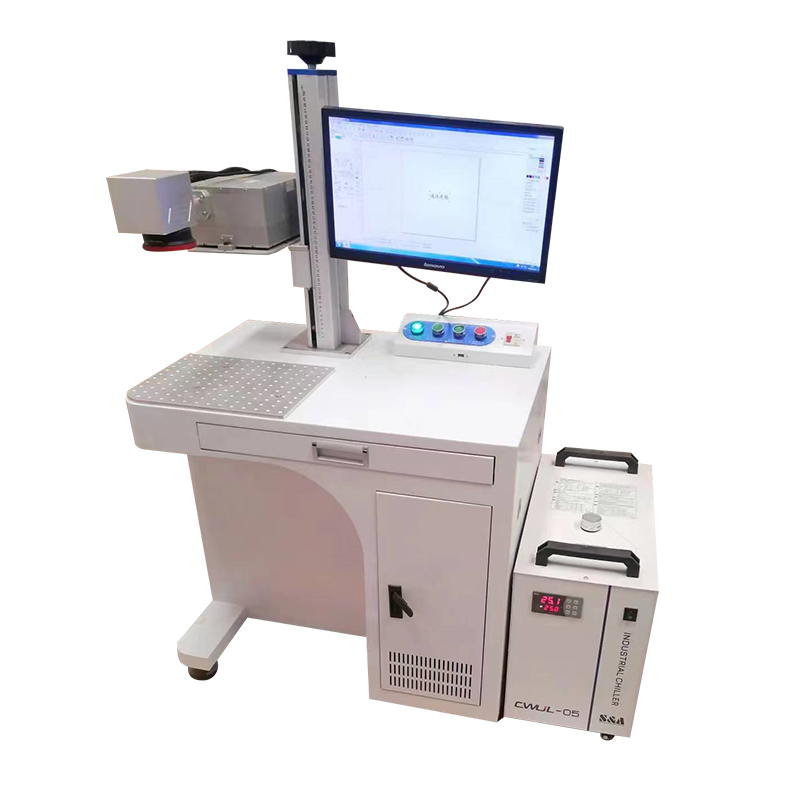
UV Laser Marking Machine
Recommended Laser Technologies for Plastics
Not all laser sources are equally suited for plastic marking. The choice depends on the plastic type, application, and required precision. At ZS LASER, we recommend the following solutions:
UV Laser Marking Machines
Best for: Most plastics, including ABS, PC, PP, PE, PVC, and Nylon.
Advantages:
Produces high-contrast, fine, and precise marks without burning or damaging the surface.
Ideal for applications where clarity and detail are critical, such as medical devices, electronics, and automotive components.
Performs exceptionally well on heat-sensitive plastics, making it the most versatile option.
CO₂ Laser Marking Machines
Best for: Packaging plastics, bottle caps, labels, films, and certain industrial parts.
Advantages:
Highly efficient for engraving and surface marking on packaging materials.
Provides permanent, tamper-resistant codes suitable for high-volume production lines.
Note: While CO₂ lasers are excellent for packaging applications, they may not match UV lasers in precision on engineering plastics.

CO2 Laser Marking Machine
Why Choose ZS LASER for Plastic Marking?
At ZS LASER, we understand the unique challenges of marking plastics. Our laser marking machines are designed with precision, flexibility, and reliability to meet the demands of diverse industries.
Tailored for plastics
We offer specialized UV and CO₂ laser solutions optimized for various materials, ensuring clean, permanent, high-contrast results.
Proven quality
Built with advanced laser technology, our machines deliver consistent performance even in high-volume production environments.
Customization options
From medical devices to packaging lines, we provide configurable systems to fit your specific application needs.
Global support
With professional guidance, training resources, and long-term spare parts supply, we ensure smooth operation and peace of mind.
ZS LASER is committed to helping manufacturers improve efficiency, reduce costs, and achieve superior product identification through cutting-edge laser technology.
Call to Action
Looking for a reliable way to mark plastics with clarity and permanence?Contact us today to discuss your application or request a customized quote.Let ZS LASER be your trusted partner in plastic laser marking.
 ZS Laser Equipment
ZS Laser Equipment

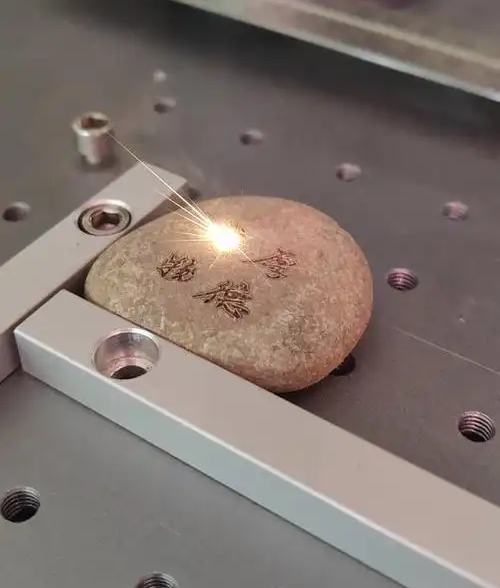
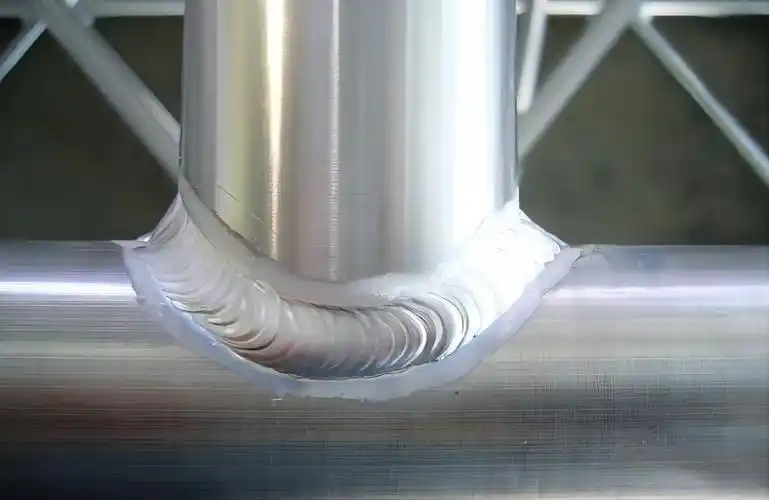

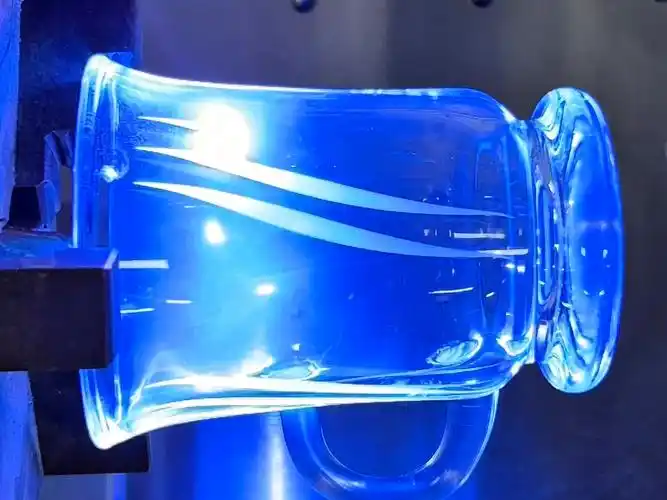
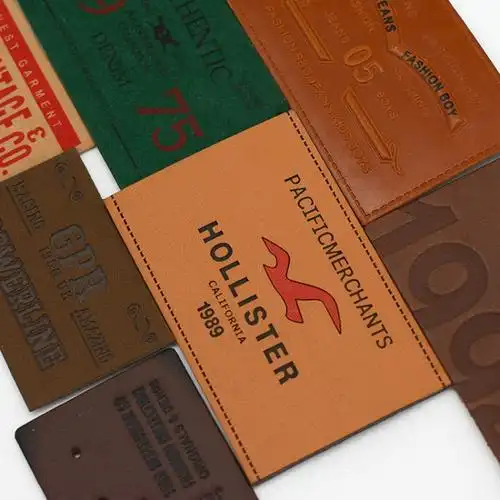
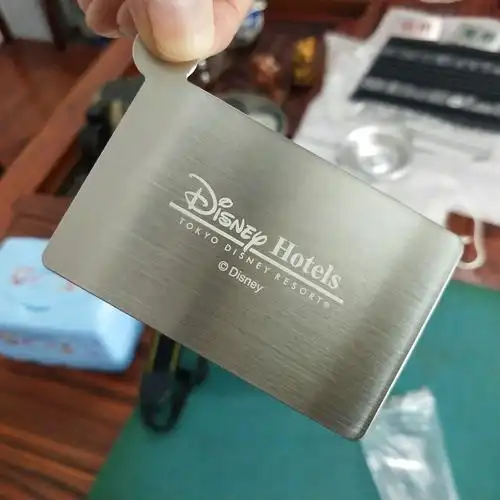

WhatsApp
Scan the QR Code to start a WhatsApp chat with us.